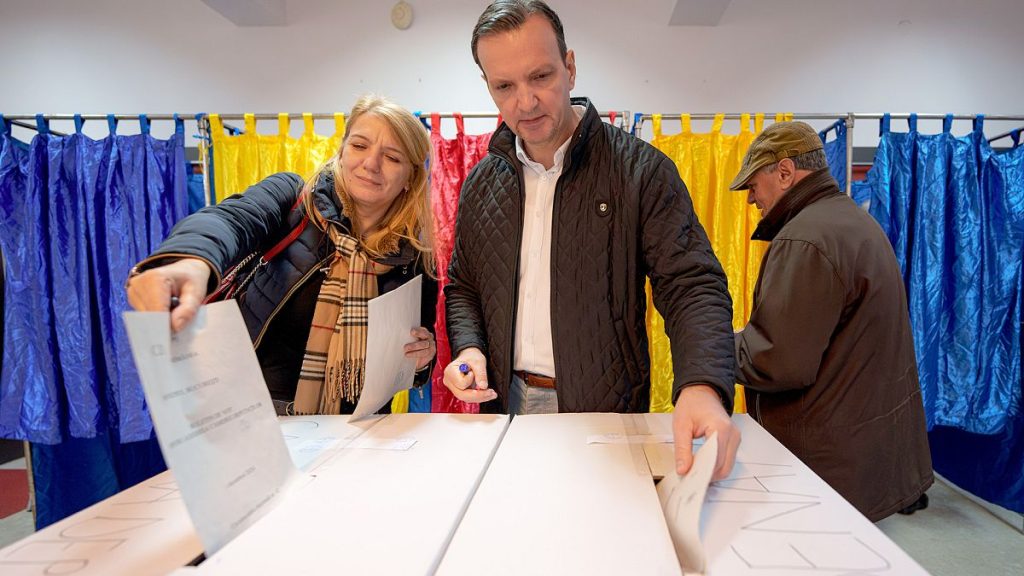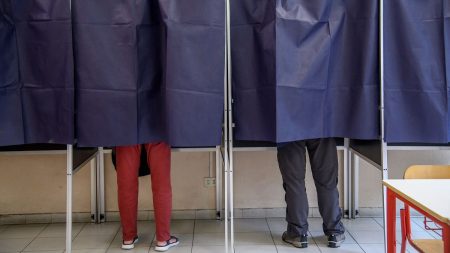Pro-Western parties in Romania are poised to pursue a coalition in the wake of the recent parliamentary elections, which culminated in a surprising surge for far-right nationalists that complicates the political landscape. Following the elections, the Social Democrats emerged with the highest number of votes, though their path forward is clouded by the significant gains made by the right-wing Alliance for the Unity of Romanians (AUR), which secured the second spot. This shift in voter sentiment is noteworthy, particularly as it comes alongside the establishment of two additional hard-right parties that have also garnered sufficient votes to join the parliament. Political analyst Ion M Ionita emphasizes the challenges faced by pro-Western factions in forming a stable majority government, underscoring that negotiations may be fraught with difficulties given the historical opposition stance of these parties.
The rise of far-right populism in Romania signals a deeper anti-establishment sentiment among the electorate, a theme that will likely play a crucial role in the upcoming presidential runoff elections. This runoff will feature a contest between far-right candidate Calin Georgescu and liberal centrist Elena Lasconi from the USR party. The first round of elections unveiled an unexpected victory for Georgescu, triggering political instability amid concerns over electoral irregularities and potential external influences, including allegations of Russian interference. As the nation heads into this pivotal presidential contest, the prevailing mood suggests a populace disillusioned with established political norms and eager for change.
George Simion, the leader of the far-right AUR party, heralded the recent election results as a transformative moment in Romania’s political journey. He characterized the groundswell of anti-establishment sentiment as a rebirth for the nation, asserting that unity among nationalistic sentiments would prove decisive for Romania’s future. The AUR party, which has gained notoriety for its hardline, nationalist, and often controversial stances, experienced significant electoral momentum, especially among Romanians residing abroad. Remarkably, it doubled its support, capturing over 18.2% of the vote this time around, a testament to the party’s growing appeal, despite its controversial positions on various social and political issues.
Political consultant Cristian Andrei reinforces the notion that the election results have led to a fragmented parliamentary landscape that poses inherent difficulties for pro-Western coalitions. While these parties may collectively capture a numerical majority, reaching an agreement across divergent ideologies will be a daunting challenge. Pro-European factions may not be overtly hostile to one another, but historical rivalries and past conflicts could hinder the formation of a cohesive strategy necessary to govern effectively. The fragmented nature of the parliamentary scene complicates the prospects for the Social Democrats and other pro-Western parties as they seek to navigate these new realities.
Furthermore, the electoral success of far-right parties, like AUR, is indicative of a broader shift in political sentiment across various European nations. With increasing nationalistic and populist fervor evident in many democratic societies, Romania’s results highlight a rising trend of voter dissatisfaction directed at traditional political elites. The AUR’s platform, which espouses a return to traditional values and national identity, resonates with a portion of the electorate feeling left behind in the globalization process. These movements often exploit fears about immigration, economic challenges, and a perceived loss of cultural identity, positioning themselves as defenders of the “common people” against a disconnected establishment.
In conclusion, the political climate in Romania is marked by significant upheaval following the recent parliamentary elections, with pro-Western parties facing challenges in establishing a stable coalition amidst a sharp rise in support for far-right nationalists. As the nation prepares for a critical presidential runoff, the divisions and anti-establishment sentiments fueling this political shift underscore the complexities ahead. With the potential for a new governance structure in the coming weeks, Romania’s future political trajectory remains uncertain, influenced both by internal dynamics and broader European trends. Ultimately, the implications of these election outcomes will be critical for Romania’s positioning within the EU and its democratic fabric as it grapples with the new political realities that have emerged.










